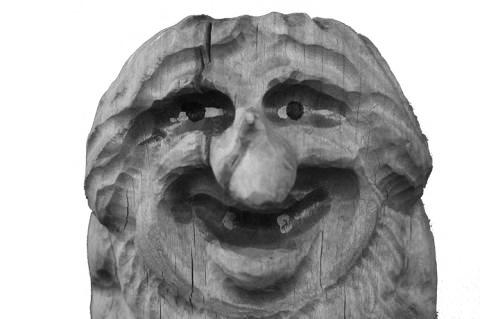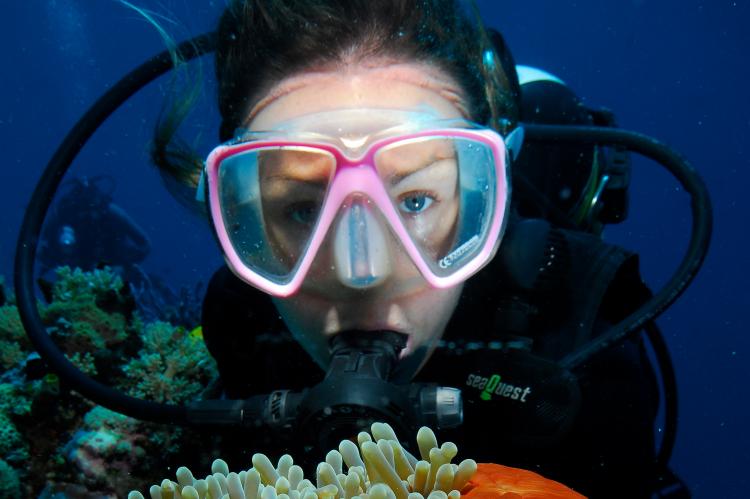Diving could be bad for your teeth
Constant jaw-clenching and changes in atmospheric pressure can cause dental troubles. According to a new pilot study at the University at Buffalo, nearly half of divers experience dental symptoms including jaw pain and broken fillings.
The lead of the pilot study, Vinisha Ranna, who is also a keen scuba diver, became interested in the problem after she experienced it herself. In her case it manifested as a squeezing sensation in the teeth, known as barodontalgia
In order to see just how common and severe this problem is, she distributed a questionnaire through social media platforms dedicated to scuba diving and collected data from 100 scuba diving enthusiasts. A substantial number replied they experienced symptoms that range from tooth, jaw and gum pain to loosened crowns and broken dental fillings.
Of the 41 participants who reported dental symptoms, 42 percent experienced barodontalgia, 24 percent described pain from holding the air regulator in their mouths too tightly and 22 percent reported jaw pain. Another five percent noted that their crowns were loosened during their dive, and one person reported a broken dental filling.
While the sample size of only 100 respondents and online method of recruitment doesn’t make up for an exhaustive and conclusive investigation, the findings of this preliminary study suggest that a high proportion of recreational divers may experience dental symptoms during a dive
The study also found that pain was most commonly reported in the molars and that dive instructors experienced dental symptoms most frequently. Ranna is conducting a follow-up study with an expanded group of more than 1,000 participants


